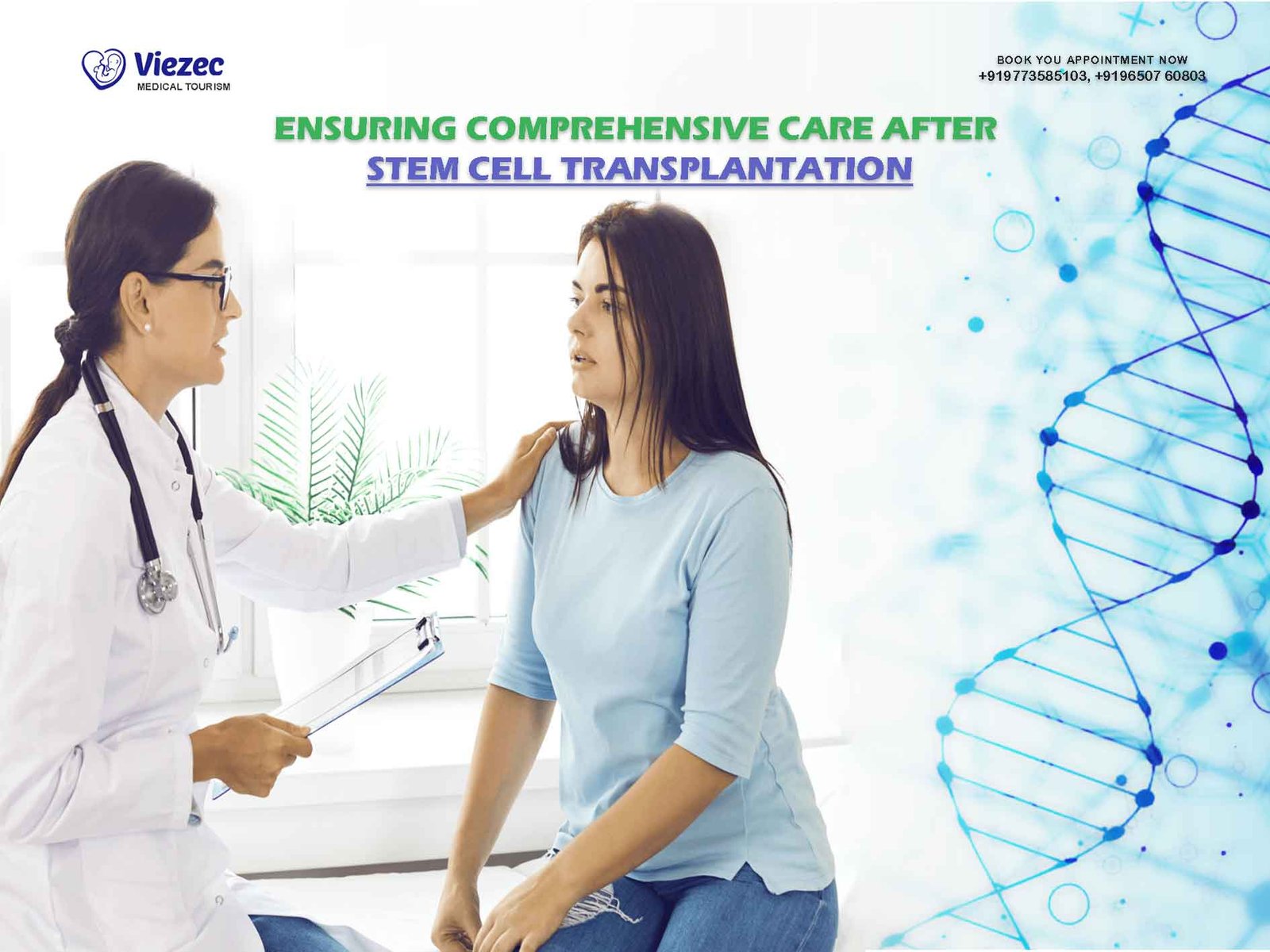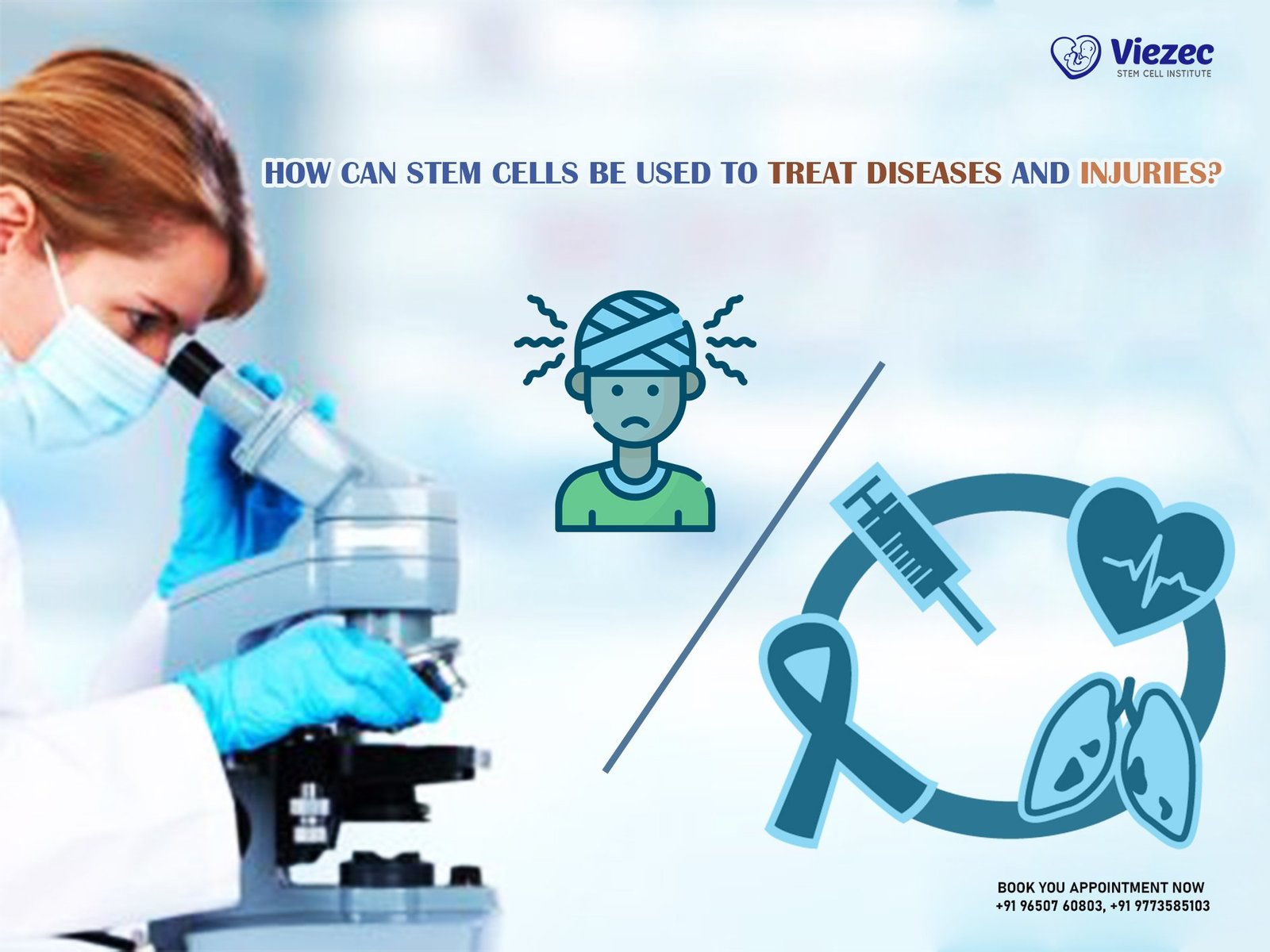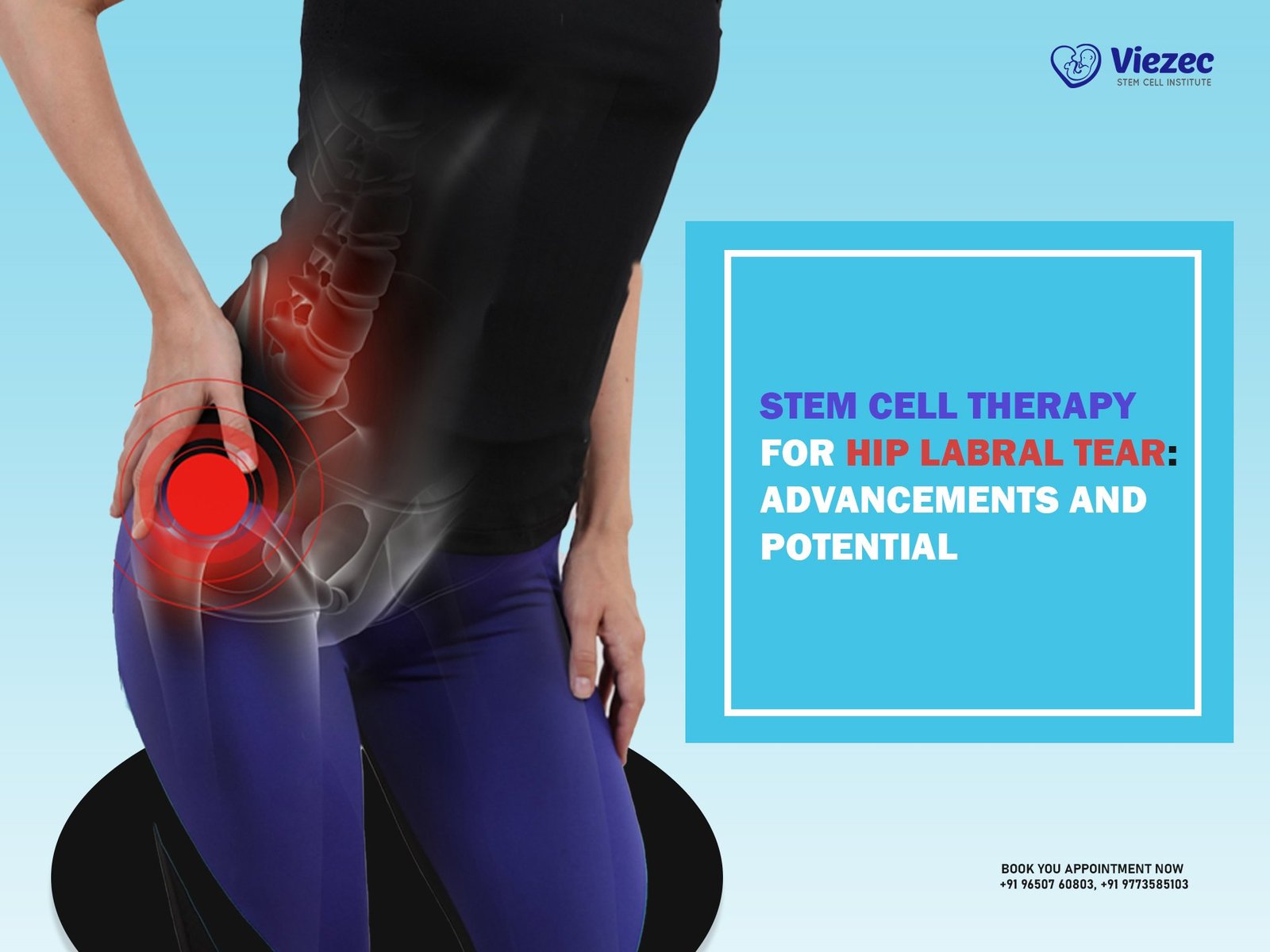Stem cell transplantation (SCT) is a life-saving procedure used to treat various hematologic malignancies, genetic disorders, and autoimmune diseases. While the transplantation itself marks a significant milestone in the patient’s journey, comprehensive care post-transplantation is crucial for long-term success and quality of life. From managing complications to providing psychological support, a multidisciplinary approach is essential to address the diverse needs of patients undergoing SCT. This article explores the various aspects of comprehensive care after stem cell transplantation, focusing on medical, psychological, and supportive strategies.
Medical Management
Monitoring for Complications
Following SCT, patients are at risk of developing various complications such as graft-versus-host disease (GVHD), infections, and organ toxicities. Close monitoring and early intervention are paramount to mitigate these risks and ensure optimal outcomes. Regular assessments of blood counts, immune function, and organ function are necessary to detect and manage complications promptly.
Graft-versus-Host Disease (GVHD)
GVHD remains one of the most significant challenges post-transplantation, occurring when donor immune cells attack the recipient’s tissues. Acute GVHD typically presents with skin rash, gastrointestinal symptoms, and liver dysfunction, while chronic GVHD may affect multiple organs over time. Management involves immunosuppressive therapy tailored to the severity and extent of GVHD, alongside supportive care to alleviate symptoms and minimize complications.
Infections
Immunosuppression post-transplantation predisposes patients to infections, ranging from bacterial and viral to fungal and opportunistic pathogens. Prophylactic antimicrobial agents and vaccination strategies are employed to prevent common infections. Vigilant monitoring for signs of infection and prompt treatment with antimicrobial agents are crucial to prevent serious complications in immunocompromised patients.
Organ Toxicities
Chemotherapy and radiation conditioning regimens utilized before SCT can cause organ toxicities such as pulmonary, renal, hepatic, and cardiac dysfunction. Close monitoring of organ function through imaging studies, laboratory tests, and clinical assessments enables early detection of toxicity, allowing for timely intervention and supportive care to preserve organ function.
Nutritional Support
Maintaining adequate nutrition is essential for post-transplant recovery and immune function. However, patients undergoing SCT often experience nutritional challenges due to gastrointestinal symptoms, mucositis, taste changes, and decreased appetite. Nutritional assessment by dietitians and tailored dietary interventions can help optimize caloric intake and nutrient absorption. In severe cases, enteral or parenteral nutrition may be necessary to prevent malnutrition and support healing.
Rehabilitation and Physical Therapy
SCT can result in physical deconditioning, muscle weakness, and fatigue, impacting the patient’s functional status and quality of life. Rehabilitation and physical therapy programs tailored to the individual’s needs can improve strength, endurance, and mobility post-transplantation. Early initiation of rehabilitation interventions, including exercise, stretching, and respiratory therapy, promotes physical recovery and enhances overall well-being.
Psychological Support
Coping with Emotional Challenges
The journey through SCT is emotionally taxing for patients and their families, characterized by uncertainty, fear, and psychological distress. Coping with the psychological burden of diagnosis, treatment, and recovery requires comprehensive support from mental health professionals. Psychosocial interventions, including cognitive-behavioral therapy, mindfulness-based stress reduction, and support groups, help patients develop coping strategies, enhance resilience, and alleviate distress.
Addressing Post-traumatic Stress
Many SCT survivors experience post-traumatic stress symptoms related to their transplant experience, including intrusive thoughts, nightmares, and avoidance behaviors. Recognizing and addressing post-traumatic stress disorder (PTSD) symptoms are essential to facilitate psychological healing and improve quality of life. Trauma-focused therapies, such as eye movement desensitization and reprocessing (EMDR) and prolonged exposure therapy, can help patients process traumatic experiences and regain a sense of control and well-being.
Supporting Caregivers
Caregivers play a vital role in supporting patients throughout the transplant journey but may experience caregiver burden, anxiety, and depression themselves. Providing caregivers with education, respite care, and psychological support is essential to prevent burnout and enhance their ability to care for their loved ones effectively. Peer support networks and caregiver-specific interventions offer valuable resources and encouragement for caregivers facing the challenges of SCT.
Supportive Care
Pain Management
Pain is a common symptom experienced by SCT patients, arising from various sources such as mucositis, neuropathy, and graft site discomfort. Effective pain management requires a multimodal approach incorporating pharmacologic and non-pharmacologic interventions. Analgesic medications, including opioids, nonsteroidal anti-inflammatory drugs (NSAIDs), and adjuvant agents, are prescribed based on pain intensity and etiology. Additionally, complementary therapies such as acupuncture, massage, and relaxation techniques may provide adjunctive relief and improve pain control.
Symptom Management
SCT recipients may encounter a myriad of symptoms during the recovery phase, including fatigue, nausea, diarrhea, and sleep disturbances. Symptom management focuses on identifying and addressing the underlying causes while providing symptomatic relief. Pharmacologic interventions, supportive medications, and lifestyle modifications are tailored to individual symptom profiles to optimize comfort and quality of life. Palliative care consultation may be beneficial for patients with complex symptom burdens requiring specialized expertise.
Survivorship Care Planning
Transitioning from active treatment to survivorship poses unique challenges for SCT recipients, including ongoing surveillance, late effects monitoring, and psychosocial adjustment. Survivorship care planning aims to facilitate this transition by providing patients with personalized care plans encompassing follow-up schedules, health maintenance recommendations, and resources for managing long-term sequelae. Survivorship clinics, survivorship care coordinators, and survivorship care plans empower patients to navigate post-transplant life confidently and proactively address their evolving needs.
Make informed Decision
Comprehensive care after stem cell transplantation is essential to optimize patient outcomes, enhance quality of life, and promote long-term survivorship. Medical management encompasses vigilant monitoring for complications, nutritional support, rehabilitation, and symptom management to address the diverse needs of SCT recipients. Psychological support plays a crucial role in helping patients cope with emotional challenges, address post-traumatic stress, and support caregivers throughout the transplant journey. Additionally, supportive care interventions such as pain management, symptom management, and survivorship care planning ensure holistic and patient-centered care for SCT recipients. By implementing a multidisciplinary approach encompassing medical, psychological, and supportive strategies, healthcare providers can ensure comprehensive care that supports the physical, emotional, and social well-being of stem cell transplantation survivors.











